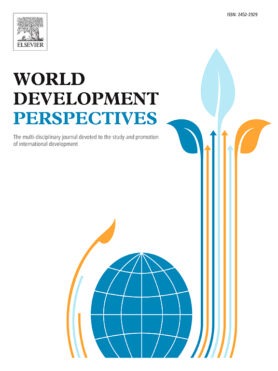Fisheries have long been held to possess significant development potential across Africa, providing food security, livelihoods, and foreign exchange. Debates about their management have centred on the need to close access and on the role of devolution and co-management between central and local government. Because access restriction in practice requires licensing and levies, fisheries’ fiscal treatment lies at the core of their sustainable management. Yet little attention has been given to whether such arrangements in low-income countries achieve either goal. This paper examines the Kenyan case, where fisheries are a devolved sector employing over 1.6 million people. Using a mixed methods approach combining legal and policy analysis, administrative tax data, and 15 qualitative interviews with government officials and stakeholders alongside a focus group discussion, we assess whether Kenya’s fisheries taxation contributes to sustainable management or domestic revenue mobilisation. We find that it does neither. Fragmented regulation, overlapping mandates, and disregard for statutory earmarking prevent levies from funding management. Compliance with general tax obligations such as registration, filing, and payment of income or value added tax is minimal. Reforms should prioritise clearer institutional mandates, stronger coordination across levels of government, enforcement of long-delayed regulations, and targeted action on the sector’s most profitable actors.
Journal Article
